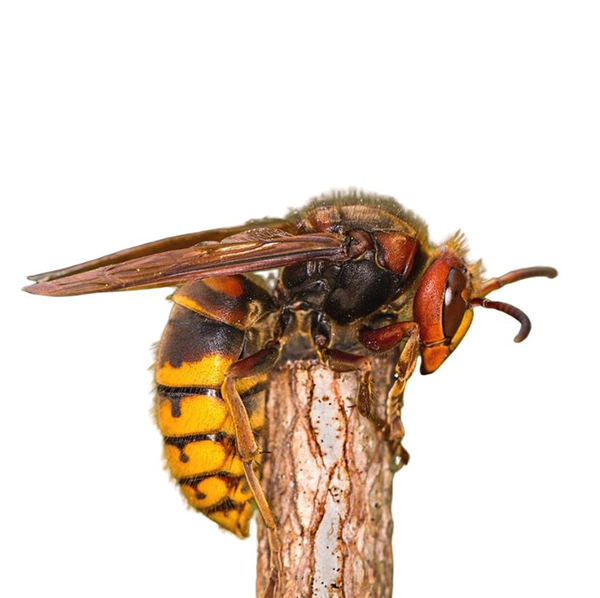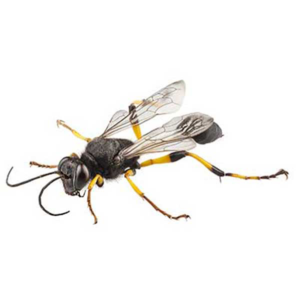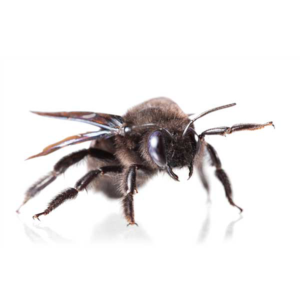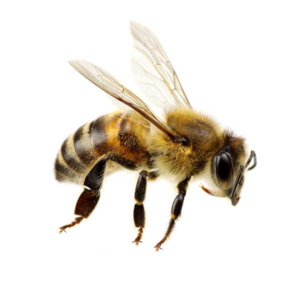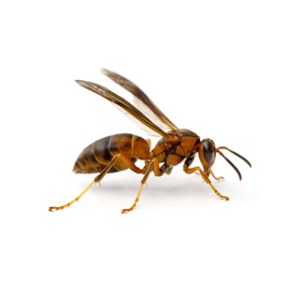European Hornets in Anaheim
European hornets, alternatively called brown or giant hornets, got their name after being introduced to the United States from European settlers in the mid-1800s. Since their introduction, these hornets have spread from the eastern U.S. to over 30 states. These social wasps are unusual because they are active during both the night and the day, which can cause a lot of concern for home and business owners.
European Hornet Habitat
Like many other types of stinging insects, European hornets search for sheltered areas when building a nest. They are particularly drawn to tree hollows, but may also use attics or wall voids if they are easily available. The nests are usually built at least 6 feet above the ground, but they are rarely fully suspended. Once fully constructed, a European hornet nest may contain 200-400 workers. As the population surges and food becomes scarce in the late summer, these hornets may become aggressive, especially while searching for food or if threatened.
European Hornet Behaviors, Threats, or Dangers
European hornets may look frightening, but they tend to steer clear of humans and usually only sting when scared. That said, these hornets can sting several times in a row, which can be very painful – or outright dangerous for individuals who are allergic. Since European hornets often build nests inside or near human structures, such as barns or hollow trees in yards, they can be a real problem for homeowners. They may also destroy fruit trees while scavenging for sugary foods, especially late in the summer. If you come across a European hornet nest or keep running into these pests in your yard, contact a professional hornet exterminator to eliminate the wasps and prevent them from coming back.

